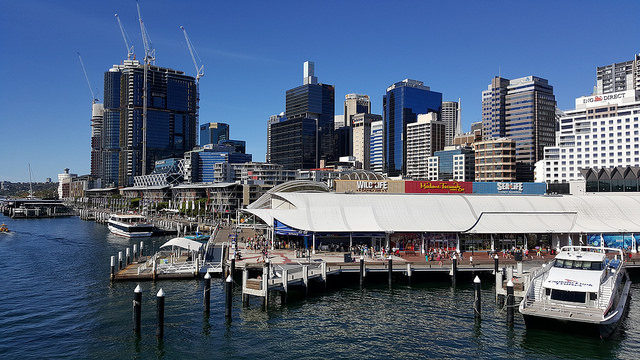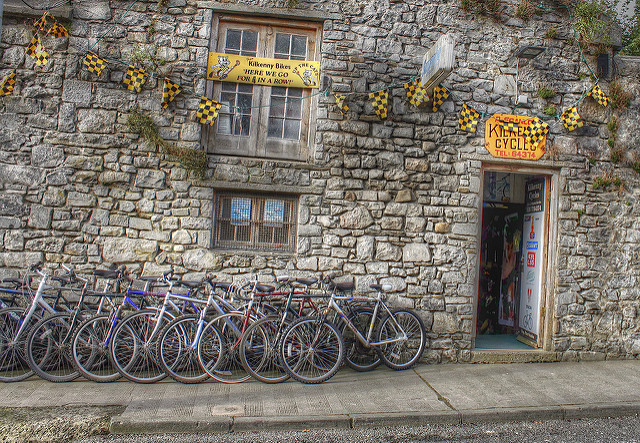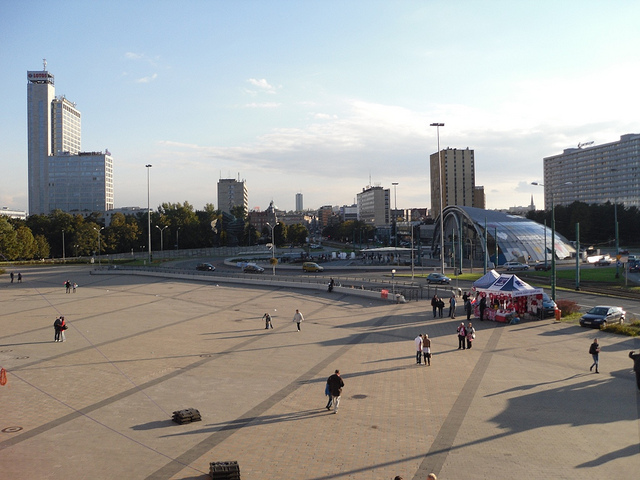Earlier this week, Mexico announced plans to give US maps to would-be illegal immigrants, detailing where to find water and help in the desert as they attempt to reach the United States. Mexico announced yesterday, however, that it would not go through with the plan. After the plan drew strong condemnation from the U.S. government, Mexico's National Human Rights Commission said it had suspended the program, which was drawn up to reduce deaths from thirst and exhaustion.
Topical:
Immigration news
The National Human Rights Commission says the maps are aimed at cutting the death toll among migrants.
US advocates of tougher border controls criticised the move, saying it would encourage illegal immigration. But the plan is backed by Humane Borders, a US-based organisation which operates about 70 emergency water stations near the 3,200-km border.
Australia recently updated its Migration Occupation in Demand List (MODL). The MODL is a list of occupations and specialisations that are facing an ongoing national shortage.The latest MODL review has added a number of specialist computing occupations.
The IT specialisations that have recently been added include:
Ireland's Minister for Social and Family Affairs Seamus Brennan has defended the policy of allowing migrants from the 10 newest EU states to work freely in Ireland. An opinion poll taken recently in Ireland showed that more than three-quarters of voters want such immigrants to be forced to apply for work permits.However, asked about the matter this morning, Mr Brennan said he saw no need to restrict the arrival of migrant workers from eastern Europe.
Canada's Conservative Party led by Stephen Harper won the Canadian national elections Monday and ended 13 years of Liberal rule. It is a victory that is expected to move Canada rightward on social and economic issues and lead to improved ties with the United States.
During the campaign, Harper pledged to cut the red tape in social welfare programs, lower the national sales tax from 7 percent to 5 percent and grant more autonomy and federal funding to Canada's 13 provinces and territories.
Only five governments have implemented key European immigration legislation aimed at giving rights to non-EU long-term residents.
The status of third-country nationals was agreed by EU governments in November 2003 and an implementation deadline expired this week.
But out of 22 capitals – Ireland, Denmark and the UK opt out of EU borders legislation – only five, Austria, Lithuania, Poland, Slovenia and Slovakia, have notified implementing measures.
The European commission is bitterly disappointed over the failure to act on measures hailed as "a cornerstone of the legal framework covering immigration".





